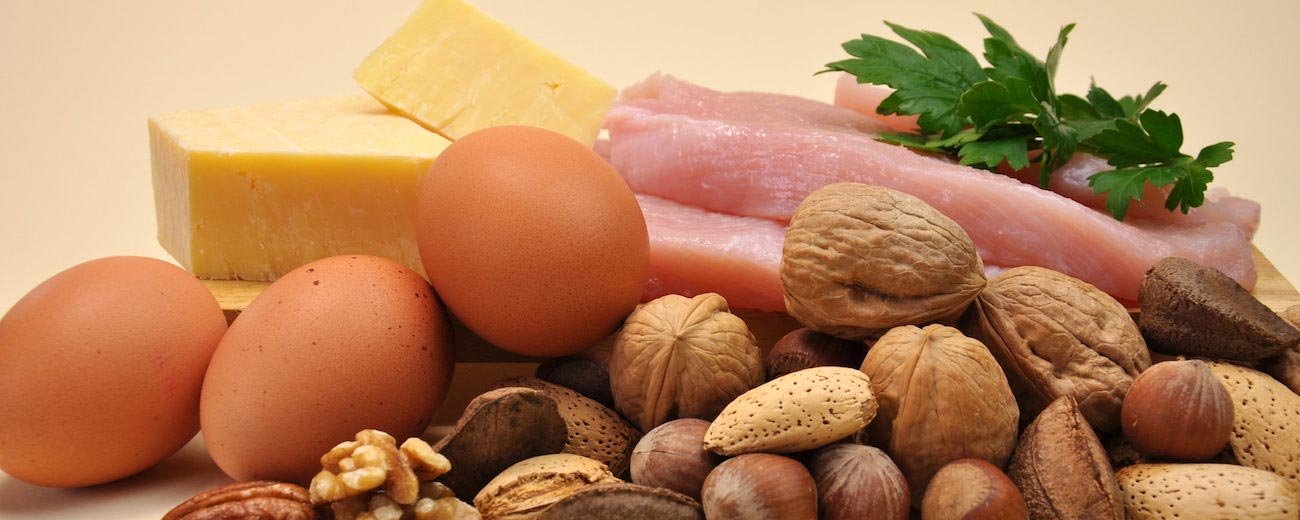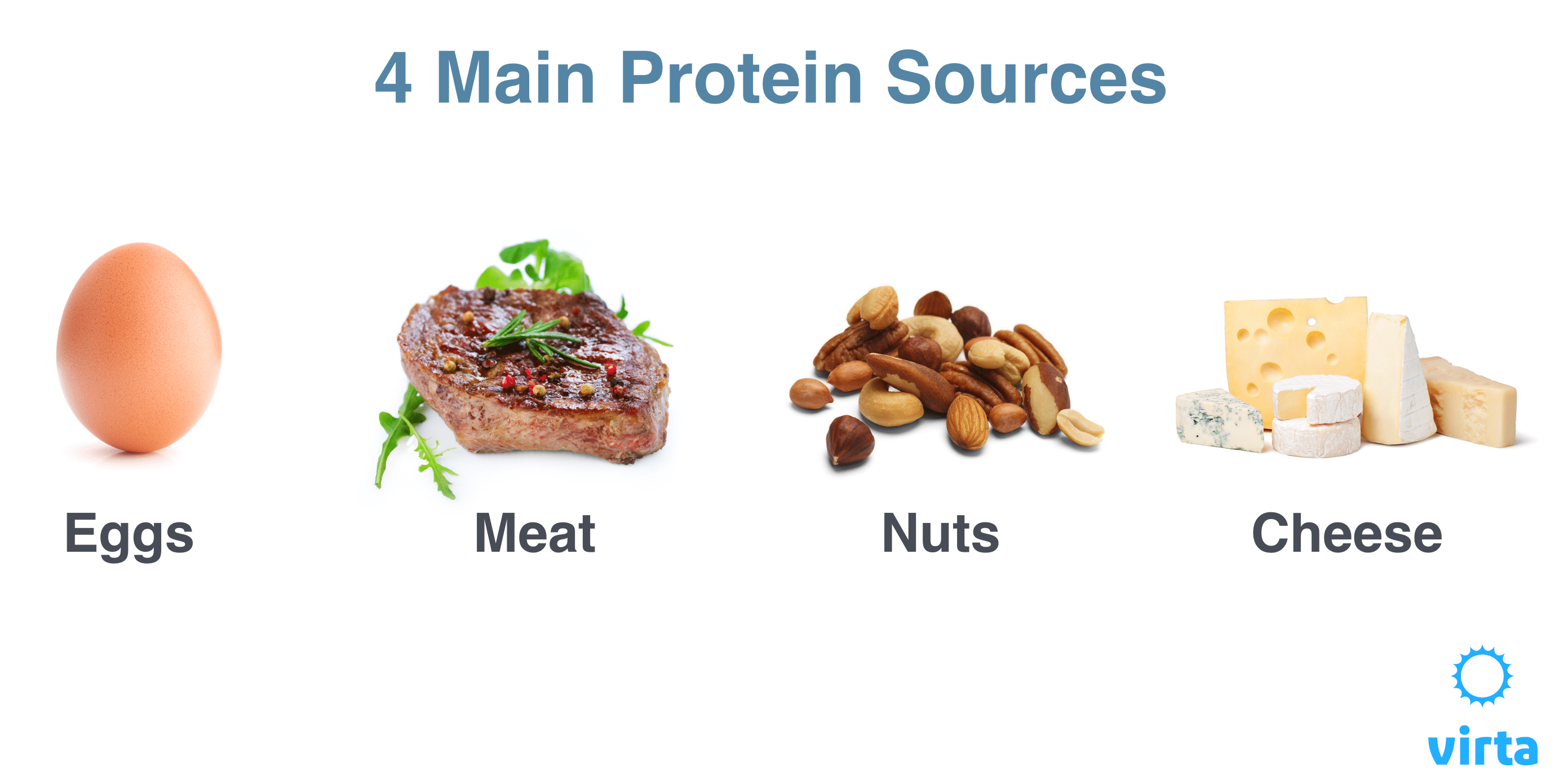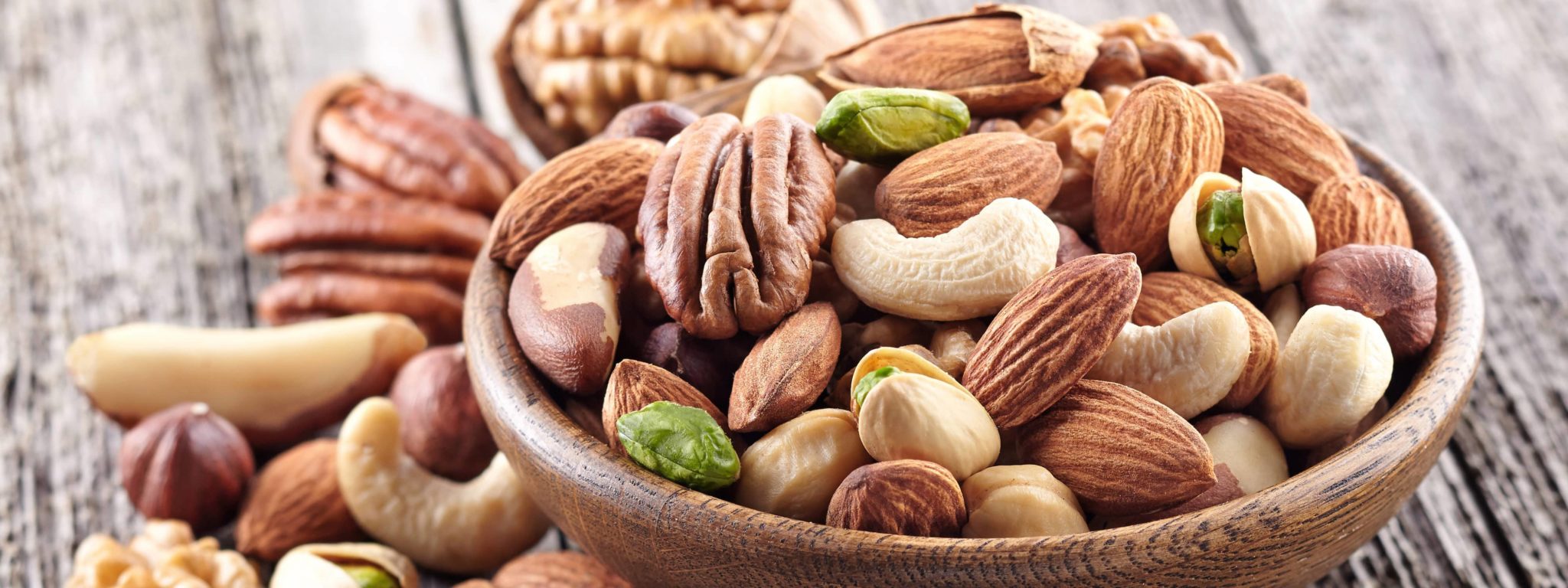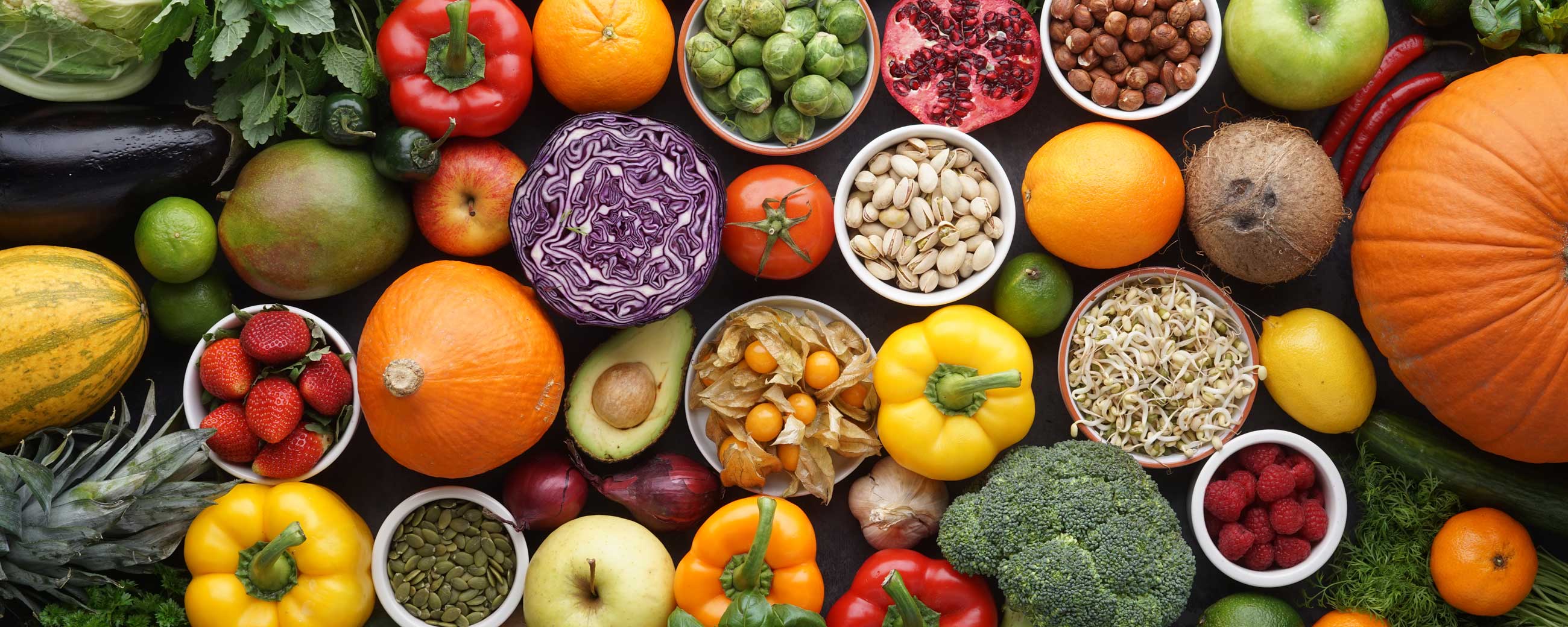
3 Tips for Protein Consumption on a Low Carb or Ketogenic Diet

Dietary protein is necessary to maintain and preserve structures and functions of the body – like muscles, heart, liver, and kidneys. Here are some tips to help you avoid a few common mistakes, which can deter your progress toward achieving weight loss and improved metabolic health.
Check out Dr. Steve Phinney and Dr. Jeff Volek's post on how much protein you need in nutritional ketosis. Once you know how much to consume, follow the tips below to perfect your protein.
#1. Watch out for protein sources that contain carbs, such as nuts
Whole food like meat, fish, poultry, nuts, eggs, and cheese are quality sources of protein. One egg or an ounce of these other sources listed each contain about the same amount of protein—generally about 7 grams.

When choosing your protein sources, keep in mind the carbohydrates in some foods. Those carbs can add up quickly, especially with nuts, some processed meats, tofu and certain vegetarian/vegan meat substitutes (see our guide for vegans and vegetarians). Every source counts, so choose with caution and always check the nutrition labels!
The carbohydrate content of protein-containing foods varies. Let’s take nuts as an example. From macadamias with 4 grams of carbs per ounce to cashews (which are not technically a nut) with 9 grams of carbs per ounce, the type you choose matters when it comes to keeping your total carbs low.

#2. Make sure you’re getting enough protein
Too little protein can compromise your lean tissue mass (Hoffer 1984). When daily protein intake is inadequate, the body turns to lean tissue to meet its protein needs. This happens more rapidly when fasting for a prolonged period (greater than 24 hours) (Owen 1969).
It’s easy to get your protein needs met through meat consumption, but it’s not the only way. Because a ketogenic diet is high in fat and moderate in protein, vegetarians, vegans and pescetarians can follow this lifestyle as well.
One ounce of protein-containing food contains about 7 grams of protein.
Here are a few options for what a day’s worth of protein intake could look like for someone needing 14 ounces of protein-containing foods (around 98 grams of protein):
Option 1: Meat-eater
- 2 eggs
- 2 oz cheese
- 4 oz chicken
- 2 oz nuts
- 4 oz steak
Option 2: Pescetarian
- 3 eggs
- 4 oz cheese
- 2 oz nuts
- 5 oz tuna (1 can)
Option 3: Vegetarian
- 3 eggs
- 4.5 oz cheese
- 2 oz nuts
- 4.5 oz high protein tofu (1.5 oz high protein tofu = the equivalent protein in 1 oz meat)
- ½ cup Greek Yogurt, plain, whole milk (equivalent to 1.5 oz meat)
#3. Space out your protein, and eat it with fat
- Space your protein out throughout the day: Proteins are constantly being remodeled, and the proteins we eat provide the building blocks to support the remodeling, so make sure you’re spreading out your consumption instead of eating it all at once.
- Eat enough fat: Make sure to add fat to your meals to ensure you’re satiated and don’t overeat other macronutrients.
Consuming adequate protein (and the right amount of fat) takes practice and even the smallest adjustments can make a positive shift in your metabolic response.
This blog is intended for informational purposes only and is not meant to be a substitute for professional medical advice, diagnosis, or treatment. Always seek the advice of your physician or other qualified health provider with any questions you may have regarding a medical condition or any advice relating to your health. View full disclaimer
Are you living with type 2 diabetes, prediabetes, or unwanted weight?

- Hoffer, L. J., Bistrian, B. R., Young, V. R., Blackburn, G. L., & Matthews, D. E. (1984). Metabolic effects of very low calorie weight reduction diets. Journal of Clinical Investigation, 73(3), 750–758. http://doi.org/10.1172/JCI1112682. Owen OE, Felig P, Morgan AP, Wahren J, Cahill GF, Jr. Liver and Kidney Metabolism during Prolonged Starvation. J Clin Invest. 1969; 48:574-583.








